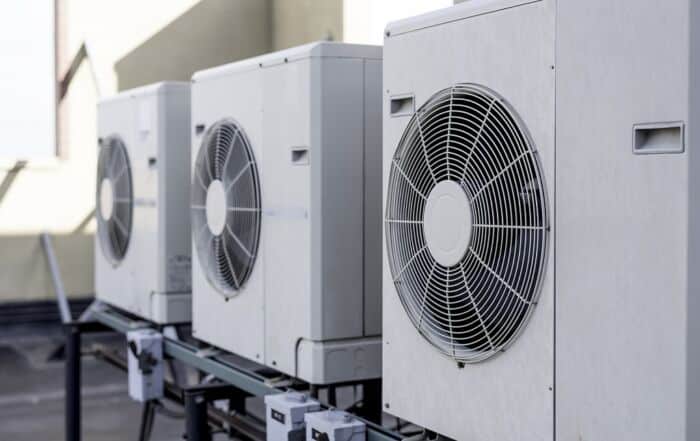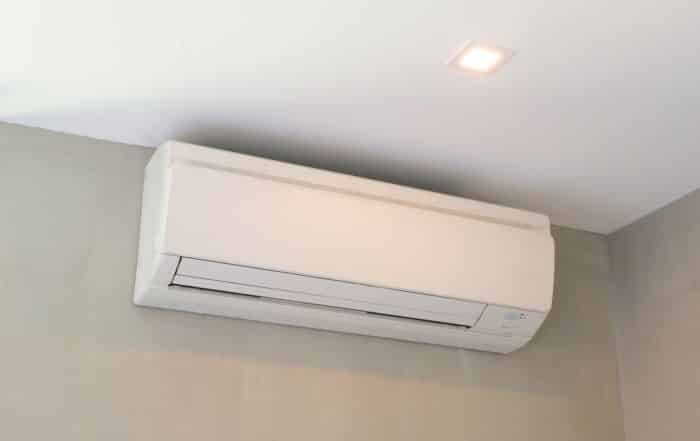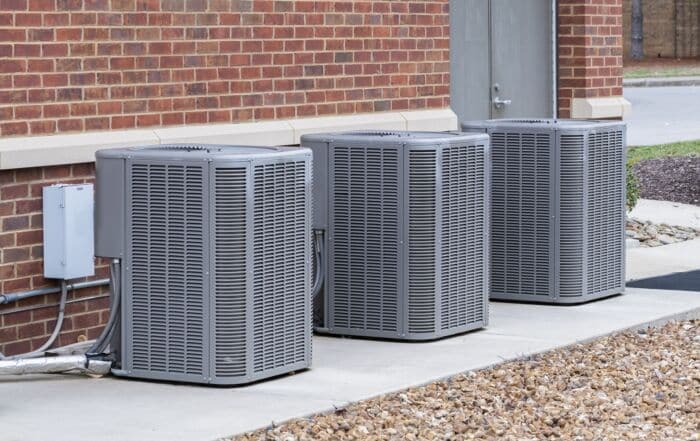Maintaining optimal indoor air quality (IAQ) is essential for ensuring the health and wellbeing of you and your family. Poor IAQ can lead to a variety of health issues, including allergies, asthma, and other respiratory problems. Many factors can contribute to an unhealthy indoor environment, such as poor ventilation, high humidity levels, and the presence of contaminants like dust, mold, pet dander, and volatile organic compounds (VOCs).
Thankfully, there are practical and effective steps you can take to enhance the air quality in your home and improve your overall living conditions. In this blog, we'll share valuable tips and techniques for achieving optimal indoor air quality, with guidance from the experts at Dallas Heating & Air Conditioning.
Understanding the importance of maintaining good IAQ and familiarizing yourself with the most effective methods for addressing common air quality concerns are key to ensuring a healthy and comfortable living environment.
Whether you're a first-time homeowner or looking for ways to improve your current living conditions, this informative guide aims to provide you with the knowledge and tools necessary for optimal indoor air quality.
So, let's explore the world of indoor air quality and learn valuable tips and techniques for maintaining a healthier home environment, brought to you by the experienced team at Dallas Heating & Air Conditioning – your reliable AC repair company in Dallas.
Understanding Indoor Air Pollutants: Know Your Enemy
To effectively tackle poor indoor air quality, it's important to understand the various pollutants that can negatively impact your home. Some of the most common indoor air pollutants include:
- Dust and Allergens: These microscopic particles can accumulate in your home and trigger allergy symptoms or other health issues.
- Mold and Mildew: High humidity levels or water damage can lead to mold growth, which can pose serious health risks if not addressed.
- Pet Dander: Pet owners should be aware of the potential for pet hair and dander to contribute to poor IAQ.
- Volatile Organic Compounds (VOCs): VOCs can be emitted from a range of household products, such as paints, cleaning supplies, and building materials.
Being mindful of these common pollutants will help you identify potential problem areas in your home and take the necessary steps to mitigate their impact on your IAQ.
Establish Proper Ventilation: Breathe Easy
One of the most effective ways to combat poor indoor air quality is to establish proper ventilation throughout your home. Proper ventilation allows fresh outdoor air to circulate while expelling stale, contaminated indoor air. Some steps to improve ventilation include:
- Use Exhaust Fans: Ensure that your kitchen, bathrooms, and laundry room are equipped with functioning exhaust fans to remove moisture and contaminants.
- Open Windows and Doors: Whenever possible, open windows and doors to allow fresh air to circulate throughout your home.
- Invest in an Air Purifier: Air purifiers can help remove allergens, pollutants, and other particles from your indoor air, aiding in the overall improvement of air quality.
- Maintain Your HVAC System: Regular maintenance and duct cleaning can help to keep your HVAC system functioning optimally and ensure clean air circulation.
Control Humidity Levels: Find Your Balance
High humidity levels can contribute to the growth of mold and mildew, as well as provide a breeding ground for dust mites and pests. To maintain optimal IAQ, it's essential to control humidity levels within your home:
- Use a Dehumidifier: Invest in a dehumidifier to reduce humidity levels, especially in areas of your home prone to dampness.
- Ventilate High-Humidity Areas: Make sure high-humidity areas, such as bathrooms and laundry rooms, are well ventilated to prevent excess moisture buildup.
- Seal Windows and Doors: Ensure windows and doors are properly sealed to prevent moisture from entering your home.
- Maintain Your Air Conditioner: A well-maintained air conditioner helps to control humidity levels while cooling your home.
Routine Home Cleaning: A Clean Home Is a Healthy Home
Lastly, regular cleaning is critical to maintaining good indoor air quality. By adhering to a consistent cleaning schedule, you can reduce the accumulation of dust, allergens, and other contaminants within your home:
- Vacuum Regularly: Vacuum your home at least once a week using a vacuum equipped with a HEPA filter to effectively remove allergens.
- Dust Surfaces: Regularly dust surfaces throughout your home to prevent the buildup of allergens and pollutants.
- Clean Bedding and Upholstery: Wash bedding, curtains, and other fabrics regularly to remove allergens, dust, and dander.
- Address Mold and Mildew: Regularly clean and inspect your home for any signs of mold or mildew, and promptly address any issues that may arise.
Embrace a Healthier Home Environment
Achieving optimal indoor air quality is an ongoing process that requires intentional actions and consistent maintenance. By understanding the various pollutants that can impact your home environment and implementing the tips and techniques outlined in this guide, you can work toward a healthier, more comfortable living space for you and your family.
Is your air quality suffering due to a broken AC or heating system? Don't let that happen! Our reliable AC repair company in Dallas provides affordable and efficient air conditioning and heating repairs to keep you comfortable and breathing easy all year round. Our team of experts is dedicated to providing top-notch heating and air conditioning repair services to keep your indoor air quality at its best. Don't wait until it's too late - call us today to schedule your appointment and enjoy the peace of mind that comes with having a reliable air quality air conditioning heating repair company by your side!
Related Posts
Exploring Ductless Air Conditioning Systems for Small Spaces
If you’re a homeowner tired of sweating through sweltering summers, a ductless air conditioning [...]
Signs Your Air Conditioning Unit Needs Professional Maintenance
Imagine coming home on a sweltering summer day only to find that your air [...]
Common Misconceptions About Air Conditioning Usage and Costs
Air conditioning units are a staple in many homes, especially during the hot summer [...]


